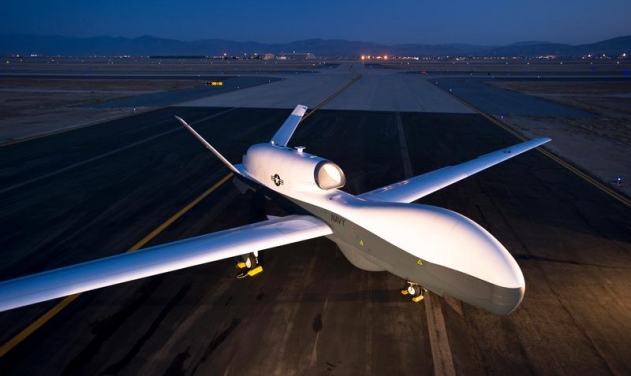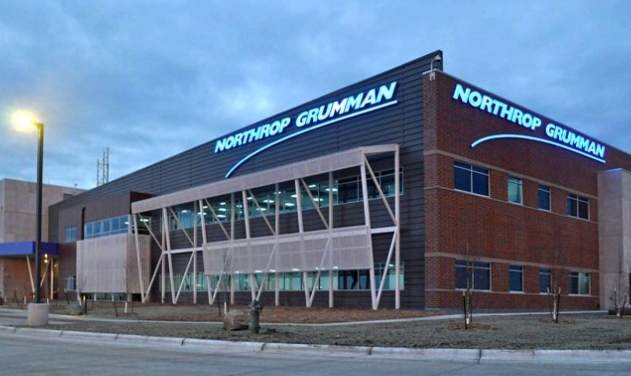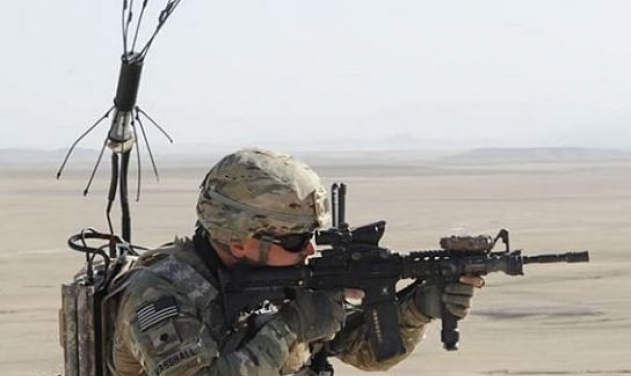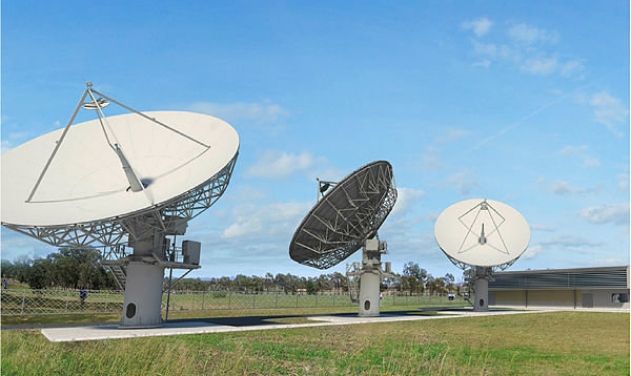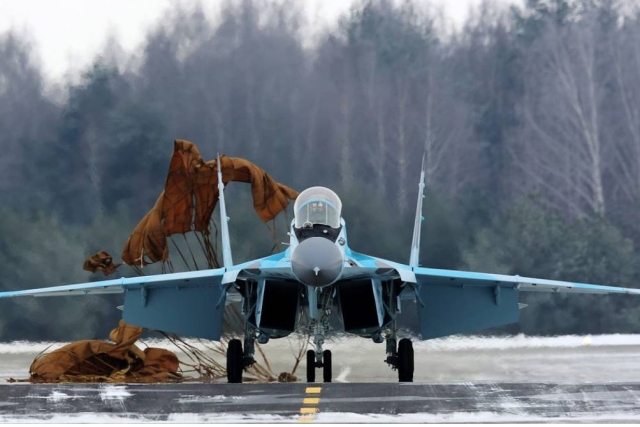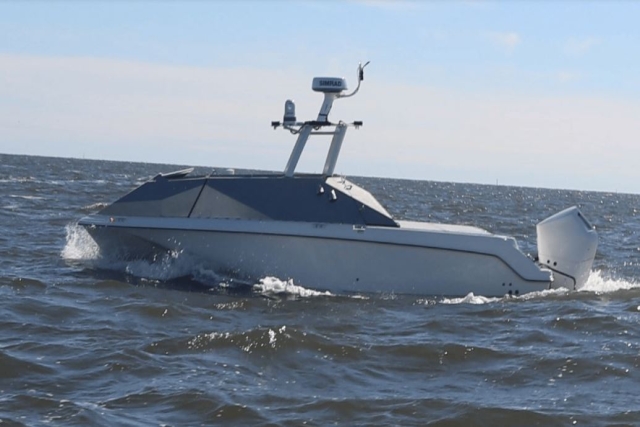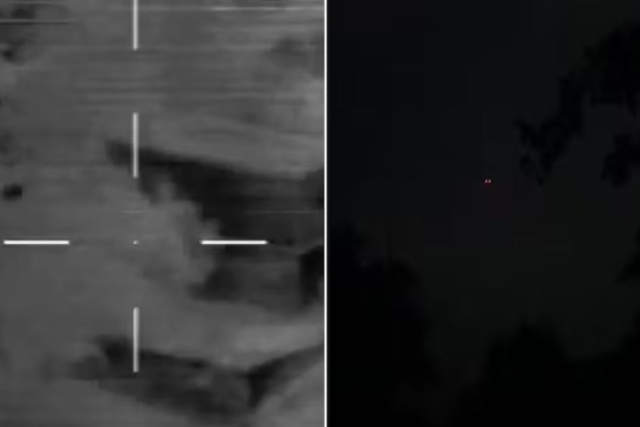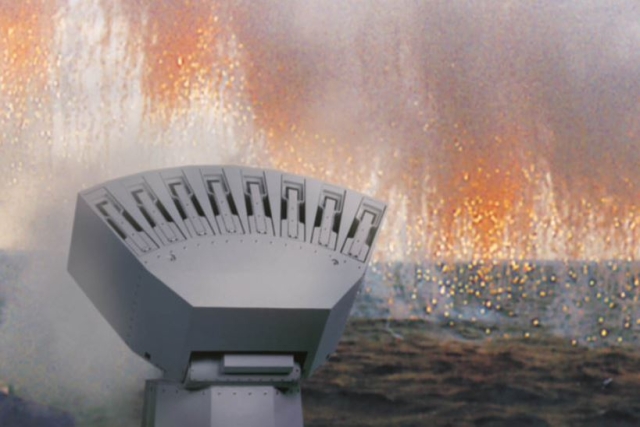Northrop Grumman to Upgrade Radio Terminals of USAF E-8C Joint STARS
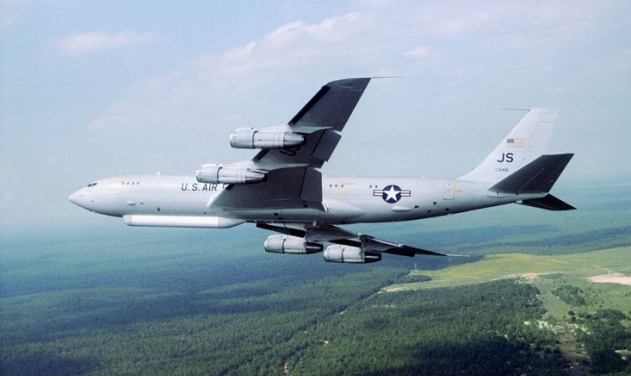
Northrop Grumman has won a US Air Force contract to upgrade existing radio terminals aboard the E-8C Joint Surveillance Target Attack Radar System (Joint STARS) fleet and replace them with Air Force Tactical Receive System-Ruggedized (AFTRS-R) terminals.
AFTRS-R assures capability for the Joint STARS fleet and those interacting with the weapon system to receive intelligence reports, including threat warnings in hostile environments, ensuring undiminished battle management in support of warfighters in the air, on the ground and at sea, the company said in a statement Tuesday.
AFTRS-R provides data feeds from airborne and overhead electronics intelligence collectors and allows Joint STARS to detect and track a host of mobile threats, including enemy air defense and theater ballistic missile assets. The AFTRS-R capability will modernize the Integrated Broadcast Service by replacing the current Commander’s Tactical Terminal/Hybrid-Receive Only (CTT/H-R) radio. The modification also addresses cryptographic modernization and diminishing manufacturing source (DMS) issues with the CTT/H-R radio.
“One of the benefits of our 32-year partnership with the United States Air Force on Joint STARS is that we have an in-depth understanding of the E-8C fleet and its mission in support of combatant commanders globally,” said Bryan Lima, director, manned C2ISR programs, Northrop Grumman Aerospace Systems.
The AFTRS-R contract is a separate delivery order under the indefinite-delivery/indefinite-quantity Joint STARS Systems Improvement Program (JSSIP) III contract awarded by the US Air Force to Northrop Grumman in October 2013. Other modifications under JSSIP III to maintain 21st-century mission readiness include the Global Imagery Server, which allows for the display of worldwide imagery data on all Joint STARS operator work stations, and the Automatic Identification System that will provide Joint STARS with a permanent, integrated solution for maritime identification of participating vessels.
